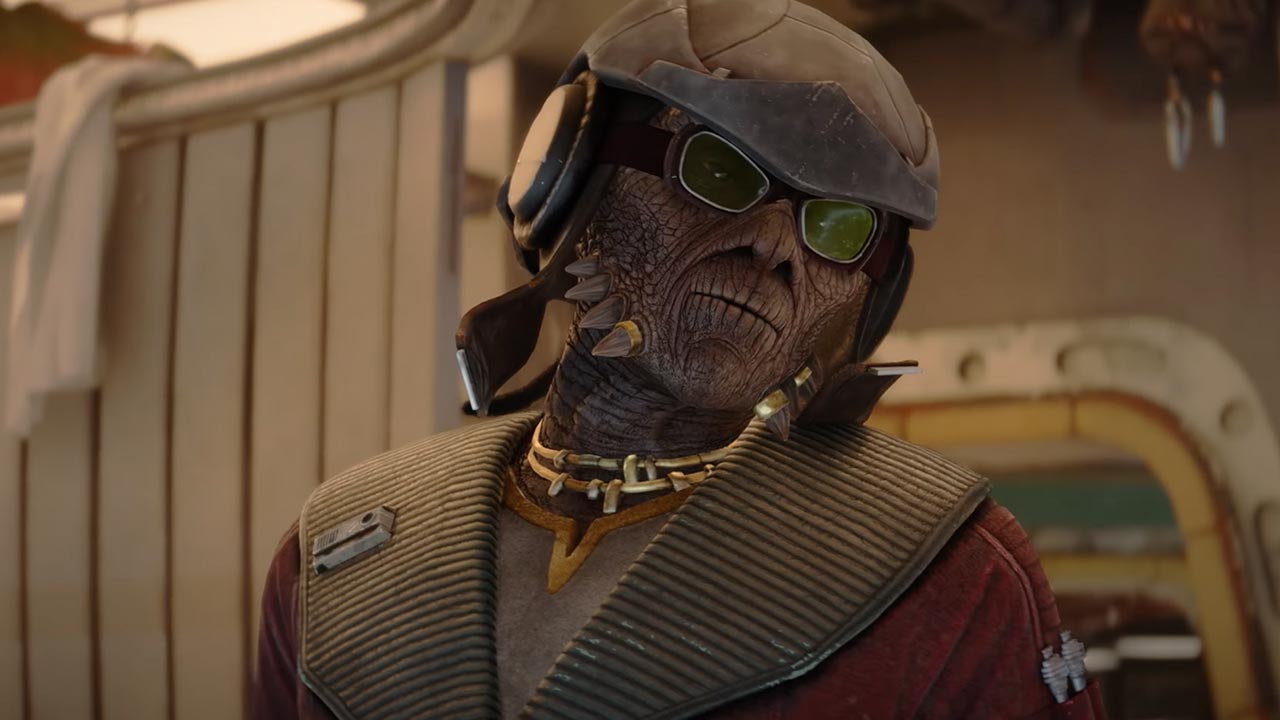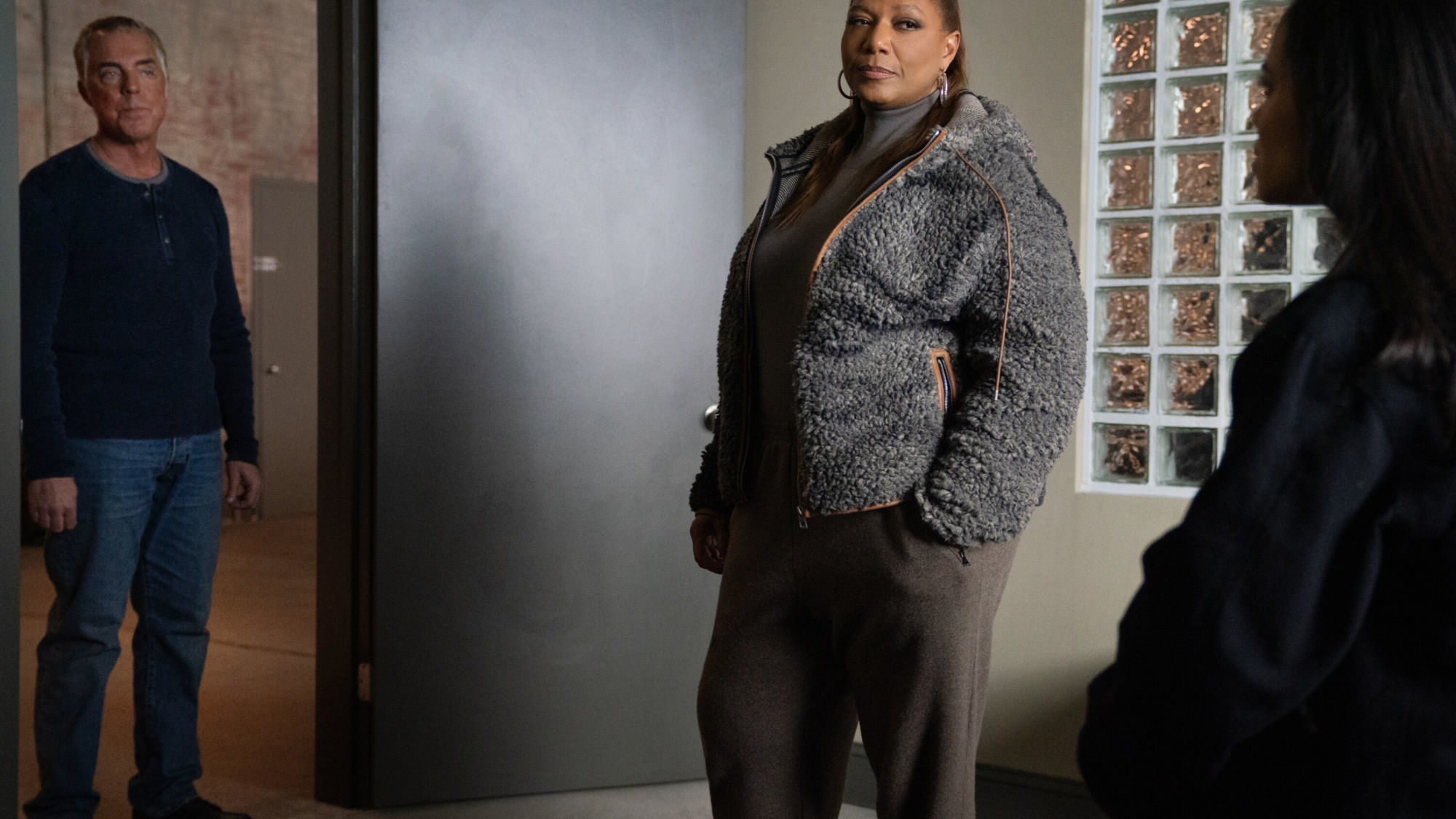The Fine Line Between Humor and Offense: Aimee Lou Wood's Response to SNL's Impersonation

In a recent controversy that has ignited discussions about the boundaries of comedy, British actress Aimee Lou Wood, known for her role as Chelsea in HBO's acclaimed series The White Lotus, publicly criticized a sketch from Saturday Night Live (SNL) that mimicked her using exaggerated prosthetic teeth. Wood described the portrayal as "mean and unfunny," prompting reflection among impressionists about the fine line between humor and insensitivity in comedic performances.
The SNL sketch aired last Saturday night and was titled The White Potus, which is a parody of the popular dark comedy The White Lotus. The satirical piece featured a fictional scenario where former U.S. President Donald Trump, alongside his family and close advisers, was depicted vacationing at a tropical hotel. The sketch included various humorous scenarios, including Eric Trump mixing a gold Rolex watch and Ivanka Trump dismissing a spiritual invitation to abandon material possessions.
However, it was Sarah Shermans portrayal of Woods character, Chelsea, that drew significant backlash. Sherman exaggerated Woods features, particularly her accent and teeth, while making a quip in response to a line delivered by a character mimicking U.S. Health Secretary Robert F. Kennedy Jr. In the scene, Chelsea questions: "Fluoride? Whats that?" This reference to fluoridea mineral commonly added to water supplies and dental products to prevent tooth decayadded insult to injury given Woods unique dental features, which she has openly discussed in relation to her experiences with bullying.
Jan Ravens, a seasoned comedian and star of BBC Radio 4's Dead Ringers, weighed in on the controversy, asserting that the SNL writers failed to read the room. Ravens pointed out that the humor relied on mocking Woods appearance, especially given that her casting was celebrated for its authenticityshe does not conform to the stereotypical image of an actress with perfect, artificial teeth. Ravens noted, "In light of all that, shes been talking about how she was bullied at school and was the butt of jokes. It begs the question: Why go for that joke?" This approach, she argues, represents a form of comedy that "punches down," targeting those who might already be vulnerable rather than the powerful, such as Trump.
Ronni Ancona, a British comedian recognized for her work on the early 2000s show The Big Impression, expressed a similar sentiment. While she acknowledged that the writers might have been attempting to critique Kennedy Jr.s controversial pledge to eliminate fluoride from American drinking water, the connection they drew between fluoride and Woods dental features seemed to be a bit of a cheap shot.
In reaction to the sketch, Aimee Lou Wood, who is 31 years old, stated that while she is not overly sensitive and understands SNL is meant to be a caricature, the core of the joke centered around fluoride was misleading. In a social media post, she clarified, "I have big gap teeth, not bad teeth," and mentioned that she had received apologies from SNL.
On the contrary, Francine Lewis, a comedian known for her impersonations, defended the core mission of SNL, emphasizing that its purpose is to take the mick. While she expressed understanding for Wood's discomfort, Lewis argued that the actresss reaction was overly sensitive. She added, "I find myself hiding at celebrity events because I think, 'oh, I do their impression, they might not like me,'" suggesting that the fear of offending individuals has become prevalent among impersonators.
Steve Nallon, famed for his portrayal of former UK Prime Minister Margaret Thatcher on the satirical show Spitting Image, echoed the sentiments shared by other comedians. He highlighted that exaggeration is fundamental to caricature. If a caricaturist is stopped from doing that, theres no point in him being a caricaturist, Nallon stated. He recalled his own experiences, revealing that the late Roy Hattersley, a former Labour minister, had initially taken offense at being mocked for a speech impediment but eventually embraced the joke.
As public figures, it seems, they are often seen as fair game for satire. Nallon remarked that it might serve as a valuable lesson: Youve got to have the mickey taken out of you occasionally. However, Ravens countered that societal attitudes toward appearance-based humor have evolved. She noted that audiences are now more sensitive about targeting personal attributes than they were at the beginning of her career, a change she views as justified.
This incident is not the first time SNL has faced criticism for its portrayals. Yet, Ravens believes that it does not detract from the essence of comedy. In political satire, she emphasizes the importance of providing insight into a persons words and actions rather than fixating solely on their appearance. For effective satire, she articulated, it is about pricking pomposity and exposing hypocrisy.





























